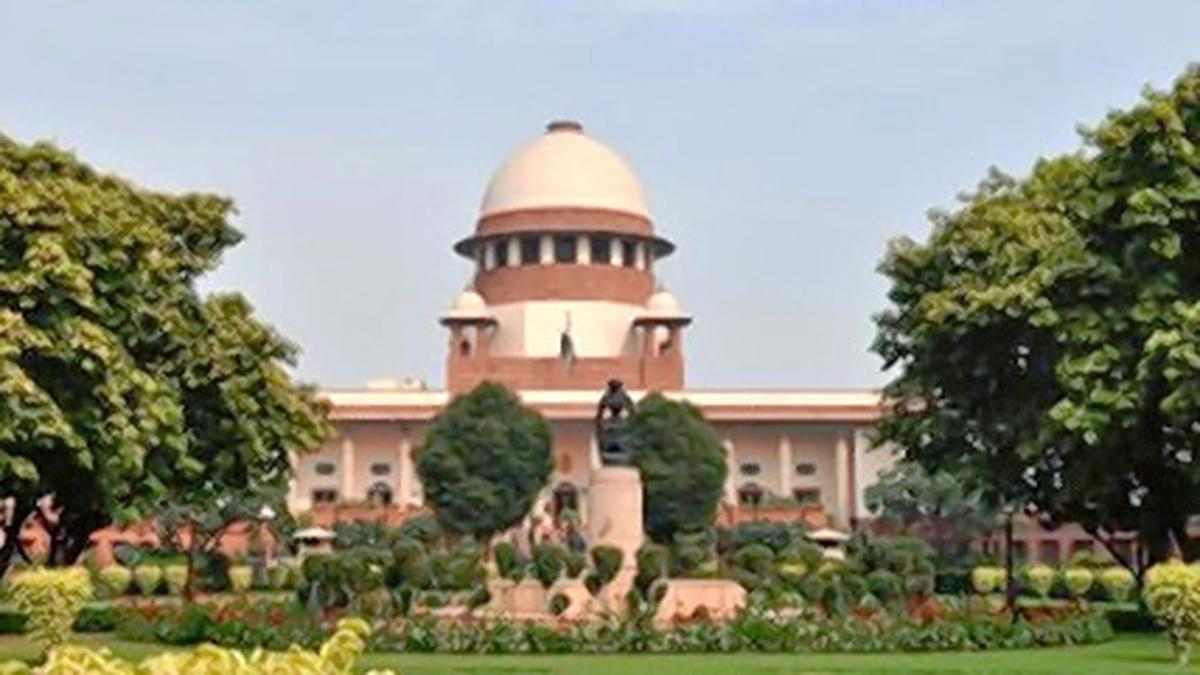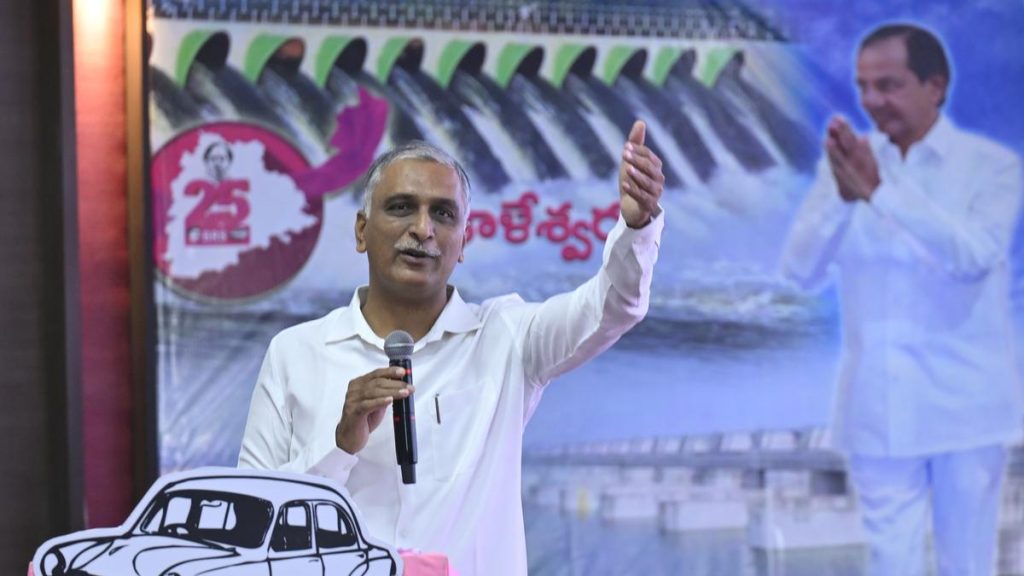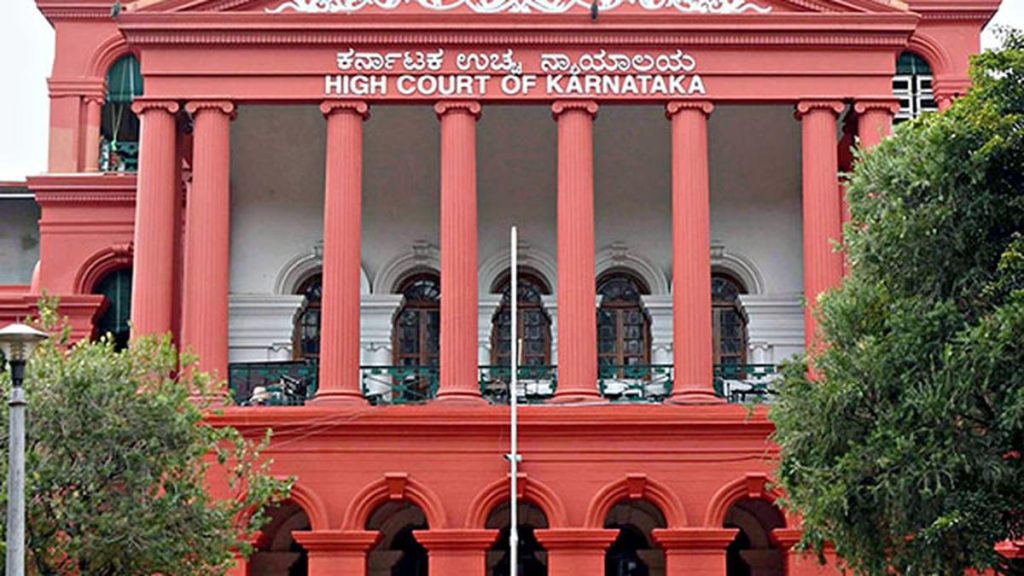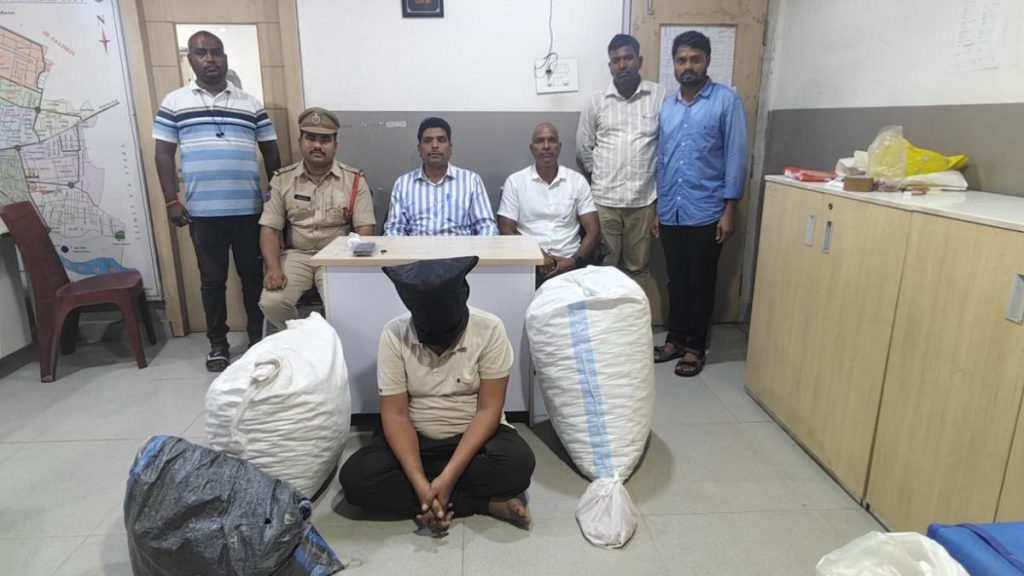Now Reading: Centre Rejects Lowering Age of Consent, Cites Trafficking and Abuse Concerns
-
01
Centre Rejects Lowering Age of Consent, Cites Trafficking and Abuse Concerns
Centre Rejects Lowering Age of Consent, Cites Trafficking and Abuse Concerns

speedy Summary
- The Union government has opposed a proposal too reduce the age of consent under child protection laws from 18 to 16 years, presenting it’s arguments before the Supreme Court.
- Additional Solicitor General Aishwarya Bhati argued that lowering the age would weaken safeguards and increase risks such as trafficking and exploitation under false pretenses of consent.
- A study by the Ministry of women and Child Development found that 53.22% of children faced sexual abuse, with offenders often being trusted figures like relatives or school staff.
- Senior advocate Indira Jaising advocated for a “close-in-age exception” in POCSO law to decriminalize consensual sexual activity among adolescents aged 16-18, emphasizing non-exploitative relationships.
- The Center maintained that minors below 18 lack developmental capacity for meaningful consent,legislated for their protection under constitutional mandates and international commitments like the UNCRC.
- Current Indian laws including the Indian Majority Act, Juvenile Justice Act, Prohibition of Child Marriage Act among others define minors as individuals below 18 years and criminalize sexual acts involving them.
Indian Opinion Analysis
The debate over reducing India’s age of consent highlights critical intersections between legal definitions of childhood vulnerability and evolving societal contexts regarding adolescent behavior. While advocates stress avoiding undue criminalization in consensual relationships among teenagers aged 16-18 thru exceptions based on intent and equality in adulthood readiness levels, this requires cautious consideration.
The government’s stance is rooted in safeguarding rights universally recognized through constitutional guarantees such as articles protecting life but also worried dilution safeguards even affect cases proven coercion misinformation widespread trends family school domains persist had focus clear policy societal aims balanced universal rights trustworthy. Read more: [source link inserted.]

























